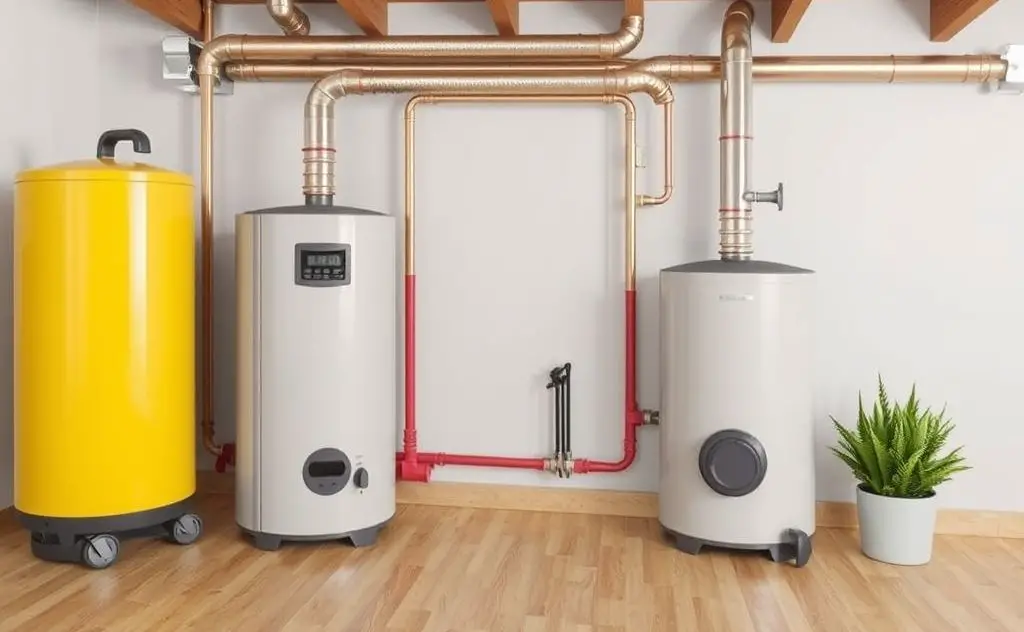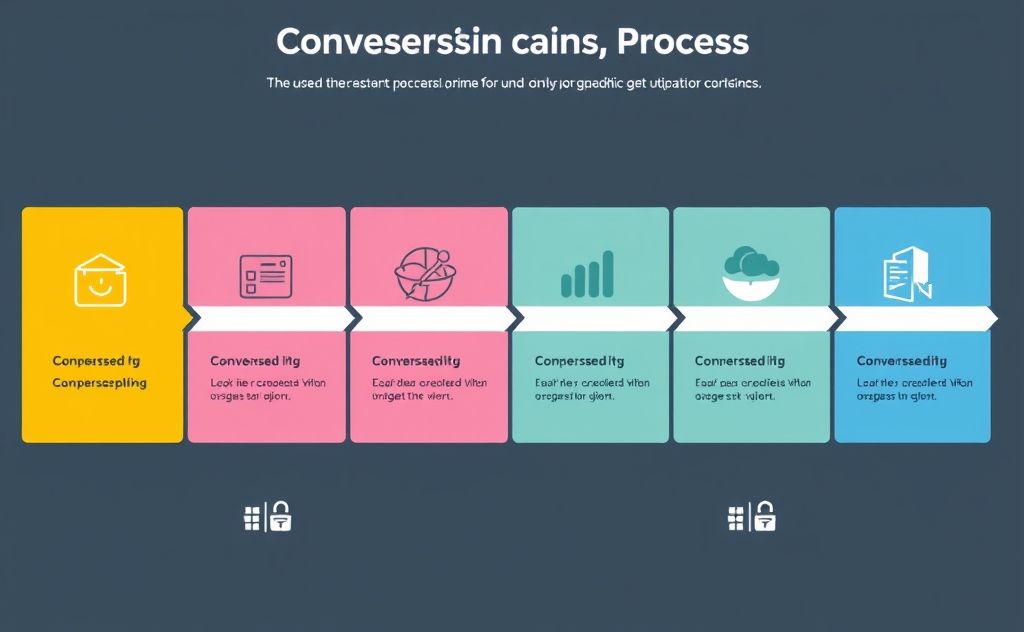The cost to convert oil heat to gas typically ranges from $3,000 to $7,000, depending on the size of the home, the existing heating system, and local labor and material costs.
Converting from oil heat to natural gas can save money long-term, but requires upfront investment. This guide breaks down costs, steps, and key considerations for homeowners.

Average Cost to Convert from Oil to Gas Heat
The total cost typically ranges from $3,000 to $7,000 for most homes. However, complex projects can reach $12,000+. Major cost factors include:
| Component | Cost Range |
|---|---|
| Gas line installation (street to home) | $1,000-$1,500 |
| Internal gas piping | $500-$1,000 |
| New gas furnace | $1,500-$5,500 |
| Oil tank removal | $750-$3,000 |
| Chimney liner (if needed) | $750-$2,000 |
Why Costs Vary
Several factors impact your final price:
- Distance from gas main to your home
- Local labor rates and permit fees
- Furnace efficiency level (standard vs. high-efficiency)
- Additional gas appliances being installed
- Oil tank location (above/below ground)

Step-by-Step Conversion Process
1. Initial Assessment
Contact your gas utility company first. They’ll determine if gas is available on your street. Some utilities offer free assessments and may cover part of the gas line installation cost to gain customers.
2. Professional Consultation
Hire a licensed HVAC contractor to evaluate your home’s heating needs. They’ll assess your ductwork, chimney condition, and recommend appropriate equipment. Many homeowners choose vented gas heaters for improved efficiency.
3. Gas Service Installation
The utility company handles external work:
- Digging trench from street to home (4-6 weeks process)
- Installing gas meter
- Pressure testing lines
4. Indoor Conversion
Your contractor completes:
- Removal of oil tank and furnace
- Installation of new gas lines
- New furnace setup (consider wall-mounted options for space savings)
- Chimney modifications if needed
Long-Term Savings Analysis
While upfront costs are significant, natural gas offers substantial savings:
Fuel Cost Comparison
According to the U.S. Energy Information Administration:
- Average annual oil heat cost: $1,700
- Average annual gas heat cost: $900
At these rates, the conversion pays for itself in 3-7 years.
Maintenance Savings
Gas systems require less maintenance than oil systems. No more:
- Annual tank inspections
- Fuel filter changes
- Burner nozzle cleanings
Important Considerations
Environmental Impact
Natural gas produces about 25% less carbon dioxide than heating oil when burned. However, methane leaks during extraction remain an environmental concern.
Alternative Options
If gas isn’t available, consider:
- High-efficiency oil furnaces (90%+ AFUE)
- Heat pumps (electric)
- Dual-fuel systems
Rebates and Incentives
Check for:
- Utility company conversion rebates
- Federal tax credits (up to $300)
- State energy efficiency programs
Common Challenges
Chimney Issues
Gas exhaust contains moisture that can damage unlined chimneys. A stainless steel liner may be required ($750-$2,000). High-efficiency units vent through PVC pipes, avoiding this issue.
Space Constraints
Modern gas equipment often has a smaller footprint than oil systems. For tight spaces, consider direct vent models that don’t require chimney access.
Permitting Process
Most municipalities require permits for:
- Gas line installation
- Equipment replacement
- Tank removal
Your contractor typically handles this paperwork.
Is Conversion Right For You?
Consider converting if:
- Your oil furnace is 15+ years old
- You have gas service available
- You plan to stay in your home 5+ years
- Your oil tank needs replacement
For more information on heating alternatives, see this Department of Energy guide or this Consumer Reports furnace buying guide.
